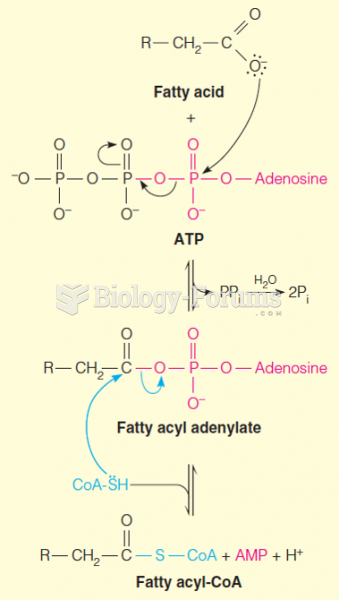This topic contains a solution. Click here to go to the answer
|
|
|
Did you know?
An identified risk factor for osteoporosis is the intake of excessive amounts of vitamin A. Dietary intake of approximately double the recommended daily amount of vitamin A, by women, has been shown to reduce bone mineral density and increase the chances for hip fractures compared with women who consumed the recommended daily amount (or less) of vitamin A.
Did you know?
Aspirin may benefit 11 different cancers, including those of the colon, pancreas, lungs, prostate, breasts, and leukemia.
Did you know?
Bacteria have been found alive in a lake buried one half mile under ice in Antarctica.
Did you know?
In 1844, Charles Goodyear obtained the first patent for a rubber condom.
Did you know?
Green tea is able to stop the scent of garlic or onion from causing bad breath.







